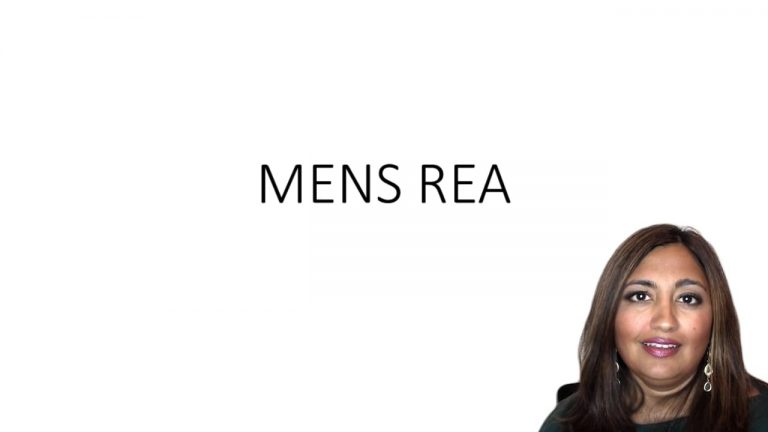SmartBrief
Confirm favorite deletion?
Criminal Law Keyed to Lee
United States v. Jewell
Citation:
532 F.2d 697 (9th Circ. 1976)
ProfessorScott Caron
CaseCast™ – "What you need to know"
Facts
Jewell drove into the United States with 110 pounds of marijuana in his car. It was valued at $6,250. He was charged under 21 U.S.C. § 841 and 21 U.S.C. § 960. At trial, he testified that he did not know there was marijuana present.
Jewell asked for an instruction that to return a guilty verdict, the jury must find that the defendant knew he was in possession of marijuana. The trial judge rejected this instruction because it suggested that “absolutely, positively, he has to know it’s there.” The court said that there is evidence that would make the jury justified in finding that Jewell actually didn’t know what it was because he didn’t want to find it.
Jewell was found guilty.
Only StudyBuddy Pro offers the complete Case Brief Anatomy*
Access the most important case brief elements for optimal case understanding.
*Case Brief Anatomy includes: Brief Prologue, Complete Case Brief, Brief Epilogue
- The Brief Prologue provides necessary case brief introductory information and includes:
Topic:
Identifies the topic of law and where this case fits within your course outline.Parties:
Identifies the cast of characters involved in the case.Procedural Posture & History:
Shares the case history with how lower courts have ruled on the matter.Case Key Terms, Acts, Doctrines, etc.:
A case specific Legal Term Dictionary.Case Doctrines, Acts, Statutes, Amendments and Treatises:
Identifies and Defines Legal Authority used in this case.
- The Case Brief is the complete case summarized and authored in the traditional Law School I.R.A.C. format. The Pro case brief includes:
Brief Facts:
A Synopsis of the Facts of the case.Rule of Law:
Identifies the Legal Principle the Court used in deciding the case.Facts:
What are the factual circumstances that gave rise to the civil or criminal case? What is the relationship of the Parties that are involved in the case.Issue(s):
Lists the Questions of Law that are raised by the Facts of the case.Holding:
Shares the Court's answer to the legal questions raised in the issue.Concurring / Dissenting Opinions:
Includes valuable concurring or dissenting opinions and their key points.Reasoning and Analysis:
Identifies the chain of argument(s) which led the judges to rule as they did.
- The Brief Prologue closes the case brief with important forward-looking discussion and includes:
Policy:
Identifies the Policy if any that has been established by the case.Court Direction:
Shares where the Court went from here for this case.
Topic Resources
Topic Outline
Topic Refresher Course

 15m 13s
15m 13s